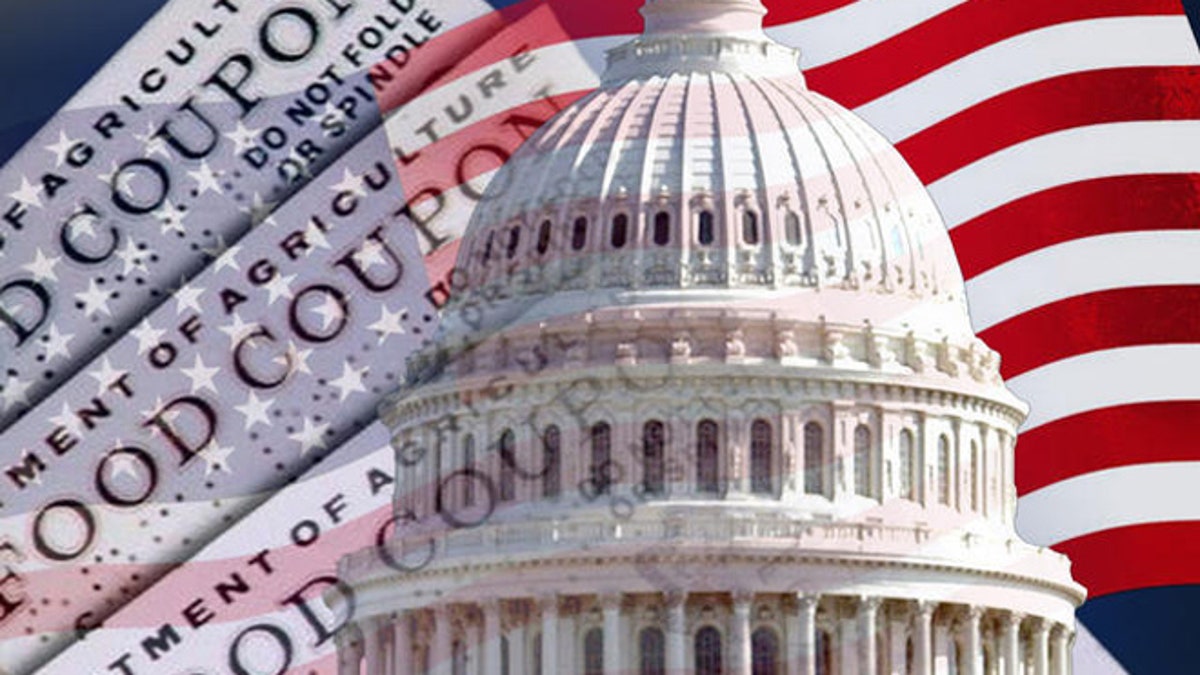
(AP)
Total federal and state "welfare" spending topped $1 trillion last year, marking a nearly 30 percent increase since the start of the Obama administration -- according to a new congressional report which documented spending across more than 80 benefit programs for low-income families.
Sen. Jeff Sessions, R-Ala., top Republican on the Senate Budget Committee, released the figures Thursday, compiled based on a committee analysis and a new Congressional Research Service study. The stats show that the combination of federal and state "welfare" spending is more than the country spends on Medicare, Social Security or non-war defense.
Sessions, who has been on a campaign of late against what he sees as aggressive and unchecked spending on food stamps and other programs, called the figures "astounding."
"No longer should we measure compassion by how much money the government spends but by how many people we help to rise out of poverty," he said in a statement. "Welfare assistance should be seen as temporary whenever possible, and the goal must be to help more of our fellow citizens attain gainful employment and financial independence."
The study factored in Medicaid, the federal health care aid program for low-income families. But it also covered 82 other federal programs that Sessions classified as "welfare" -- from food stamps to public housing to various tax credits for low-income families.
The CRS study found the federal portion of all that spending rose from $563 billion in fiscal 2008 to $746 billion in fiscal 2011 -- representing a 32 percent increase. Republicans on the budget committee calculated that, with total state spending on federal programs factored in, the total amount rose from nearly $800 billion in 2008 to over $1 trillion last year -- a 29 percent increase.
According to Sessions' office, the federal share is now roughly one-fifth of the budget.
The number of people enrolling in these benefits program has risen in part due to the recession and its aftermath. Record numbers of people, for example, have gone on food stamps as unemployment continues to hover near the 8 percent mark.
Sessions office acknowledges that "persistently weak GDP growth" is "unquestionably a factor" in the rising budget for benefits programs.
However, Sessions office claims federal policy has "explicitly encouraged growth in welfare enrollment -- combined with a weakening of welfare standards and rules."
Republicans have, for example, accused the Obama administration of trying to loosen welfare requirements, though the administration claims it is just trying to give states the kind of flexibility they have sought.
Sessions has also claimed that food stamp administrators have proactively tried to enroll people even when they might not necessarily need the assistance.




